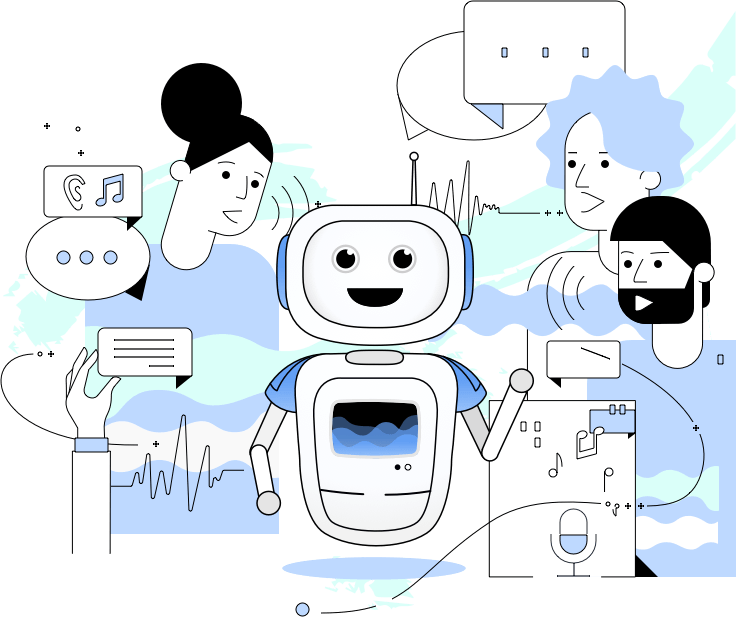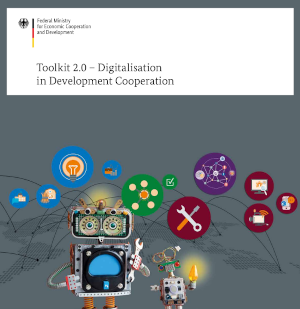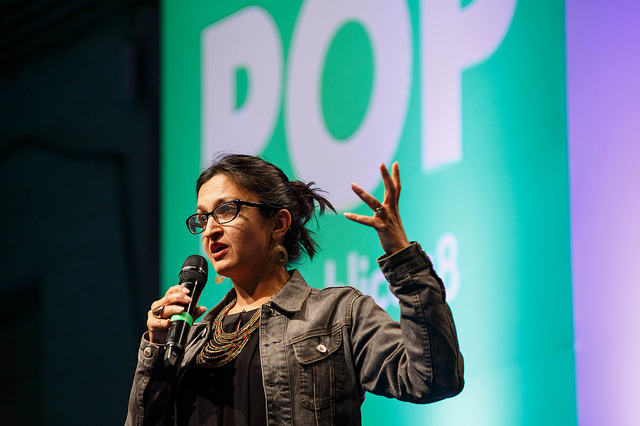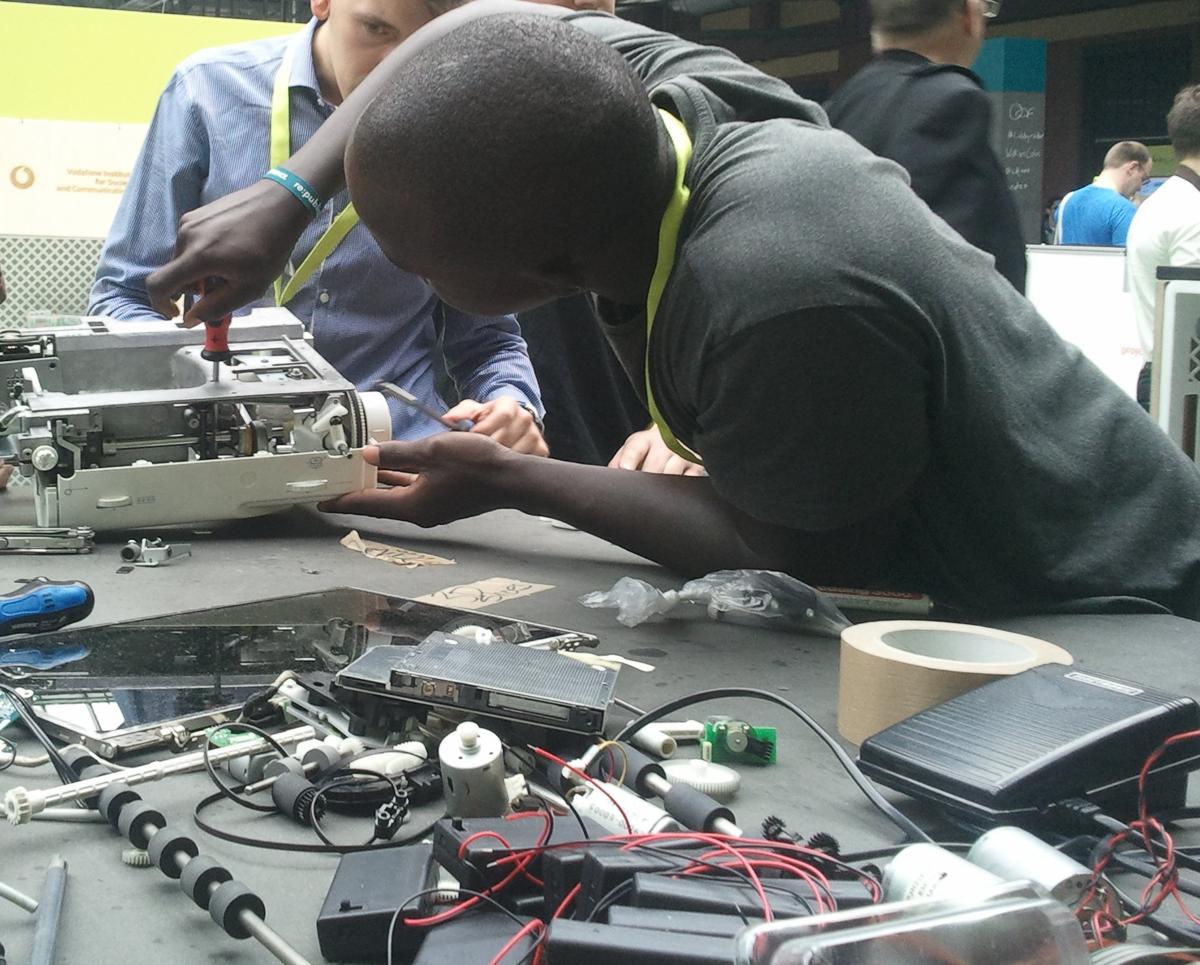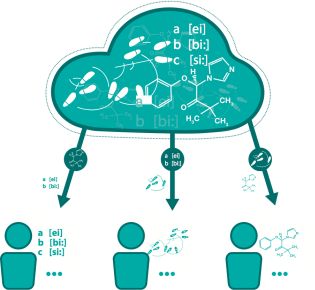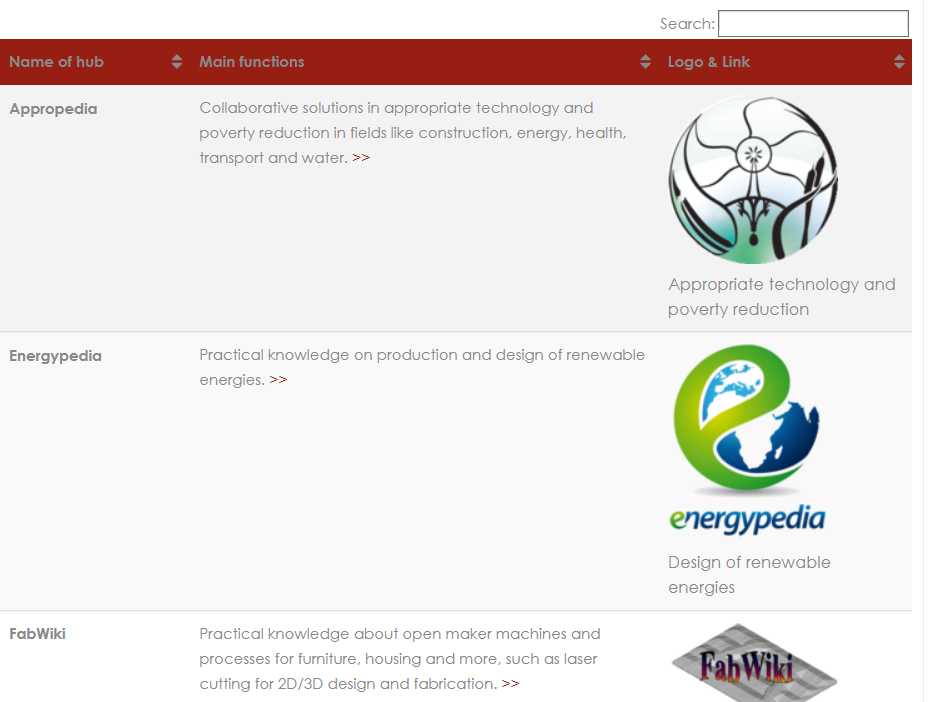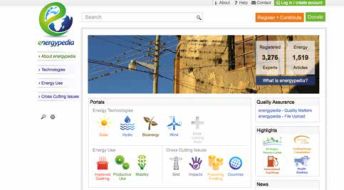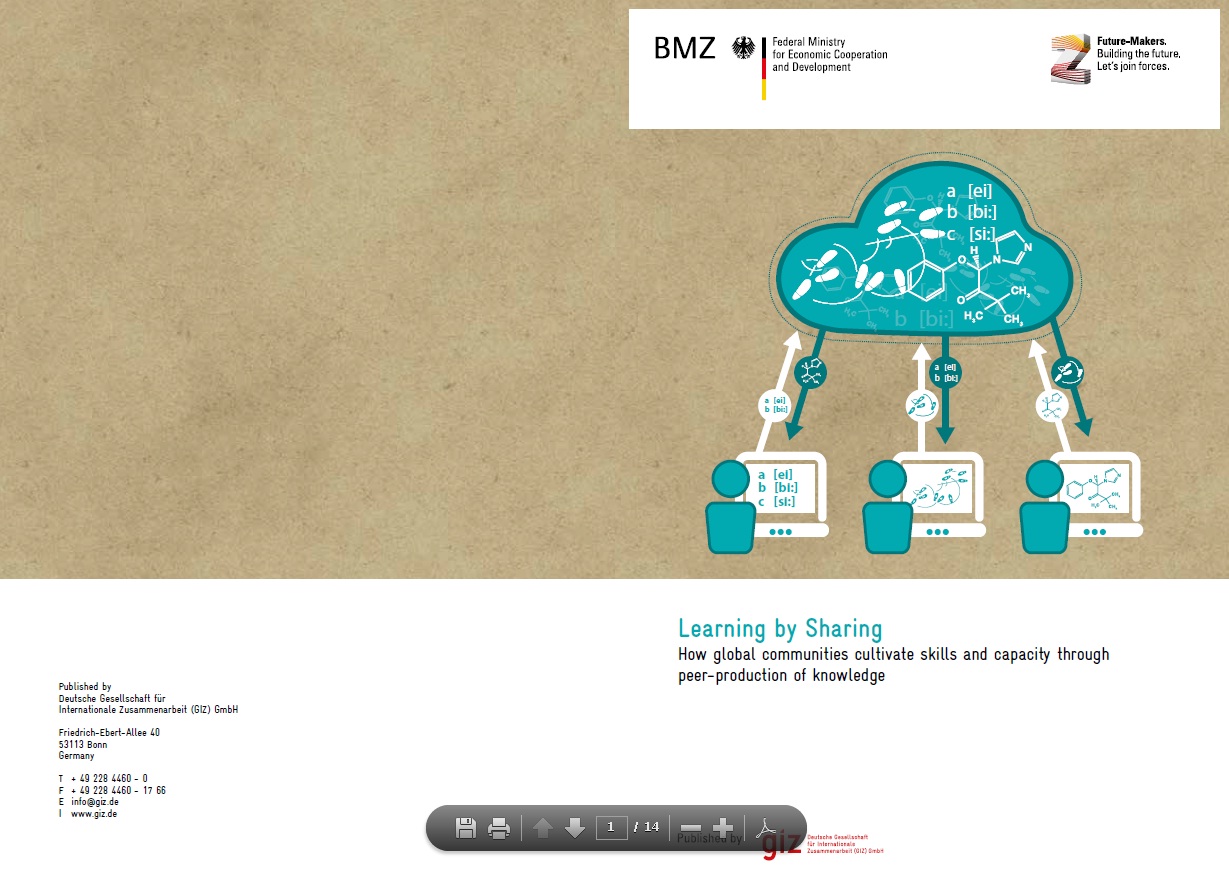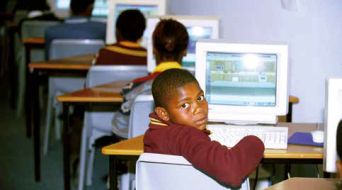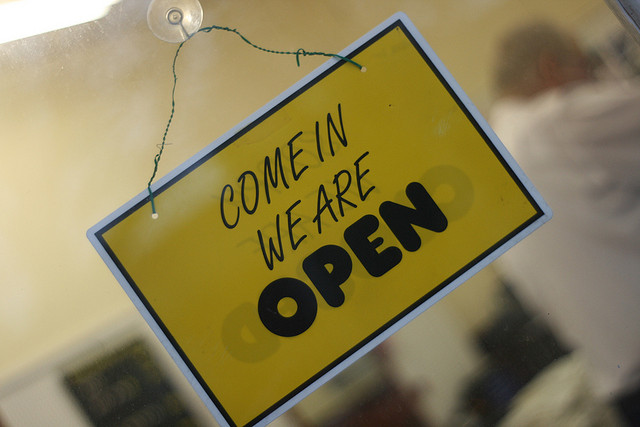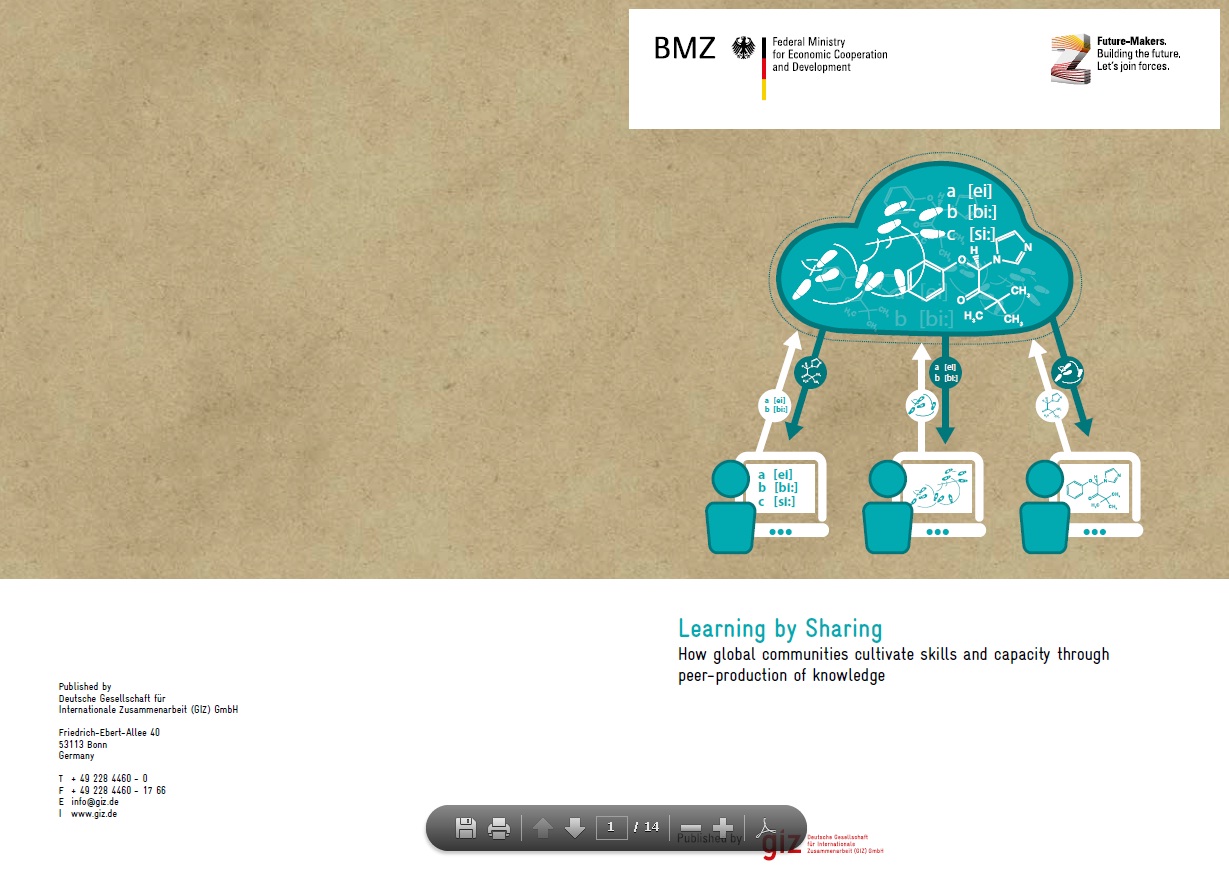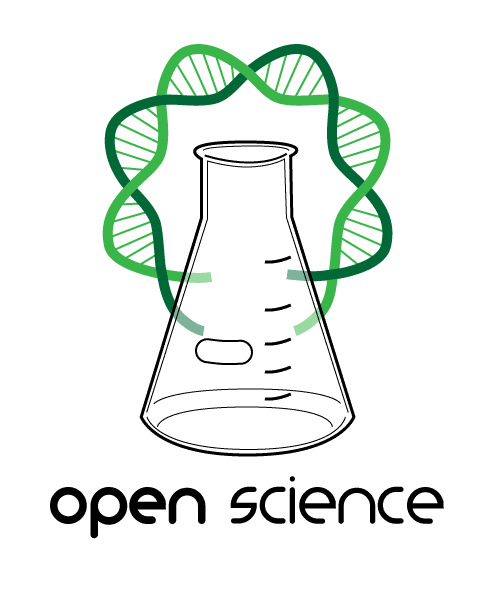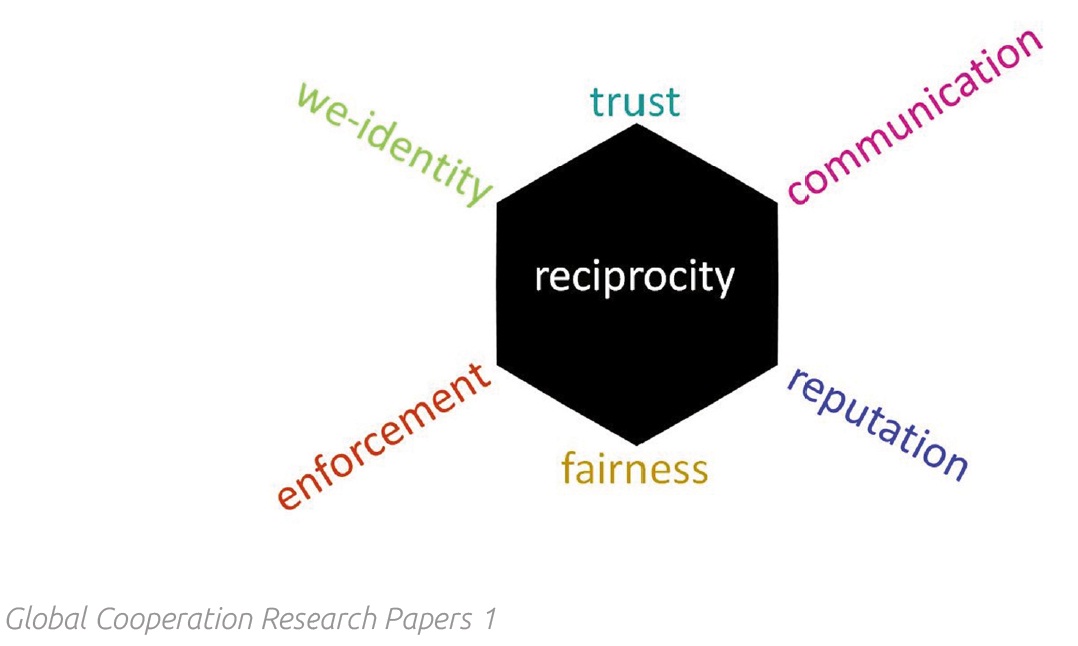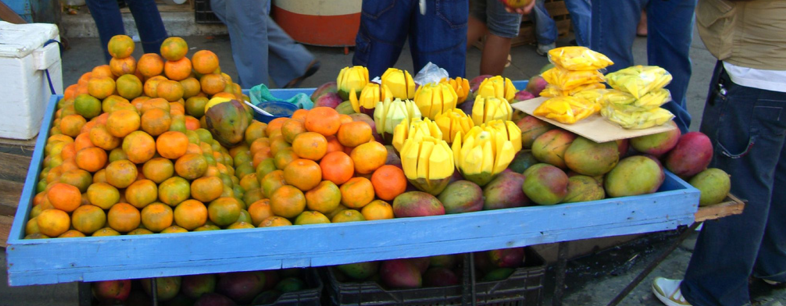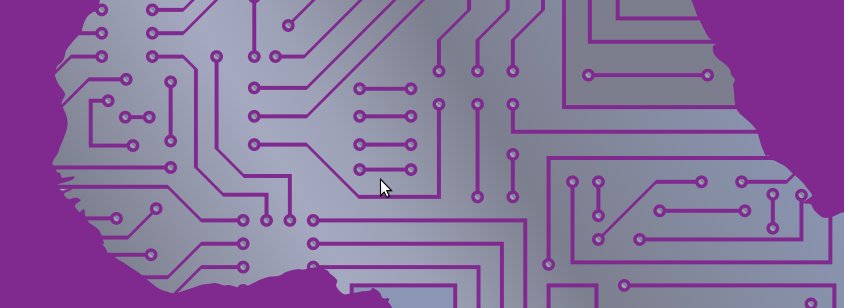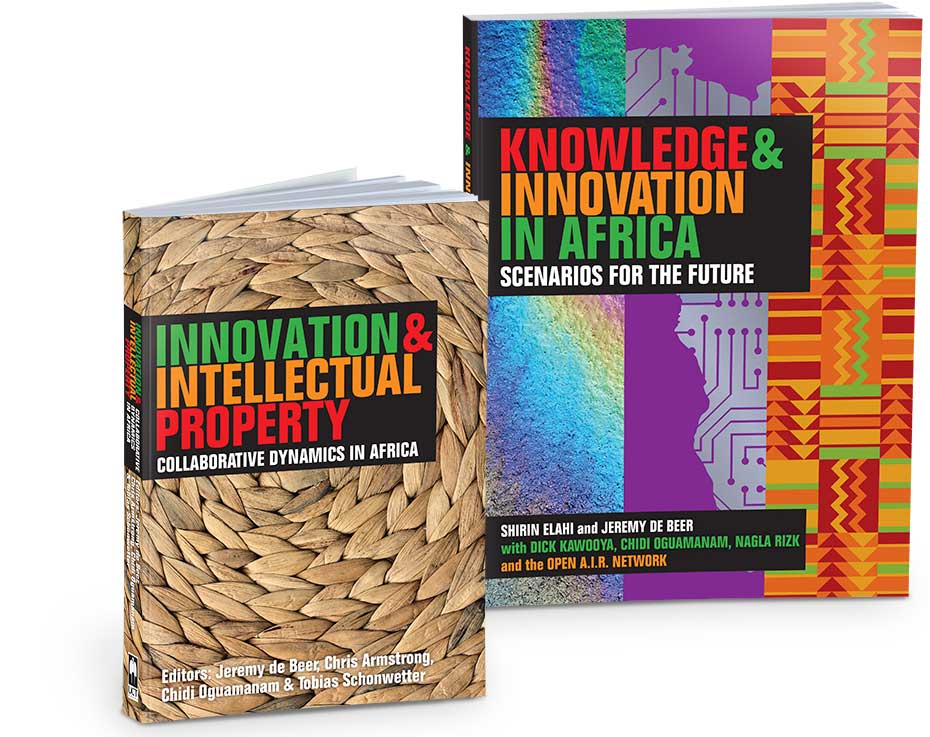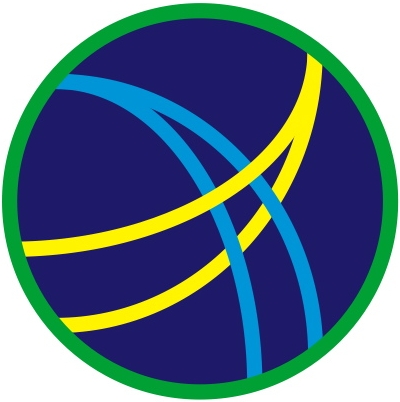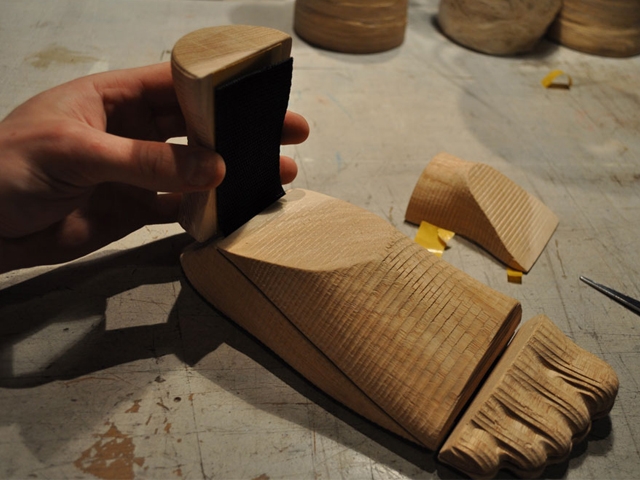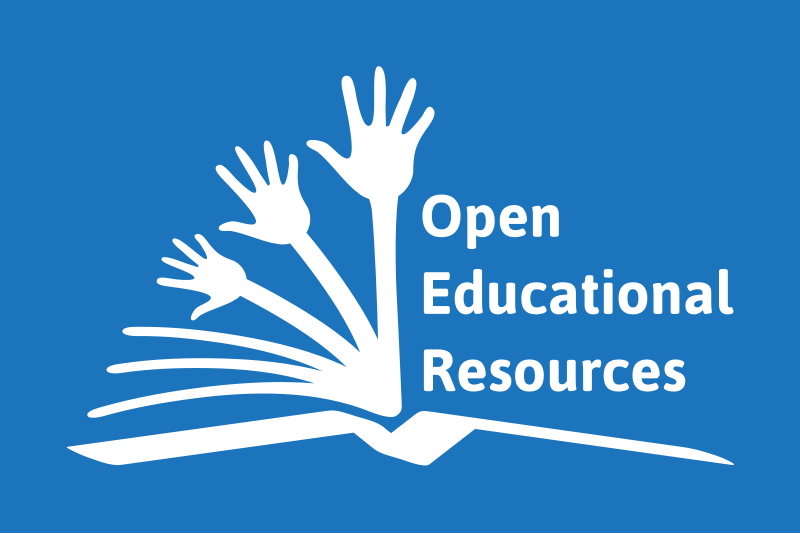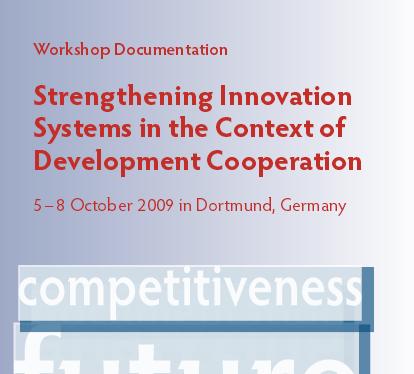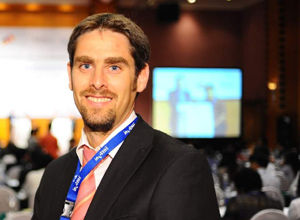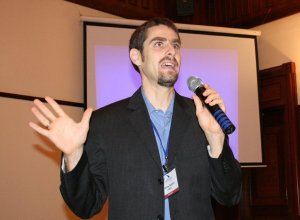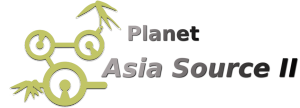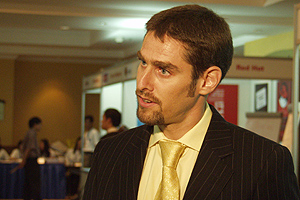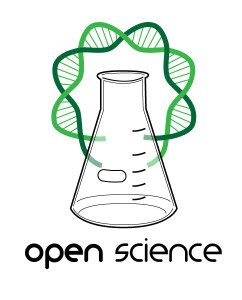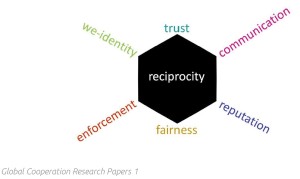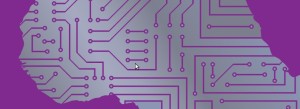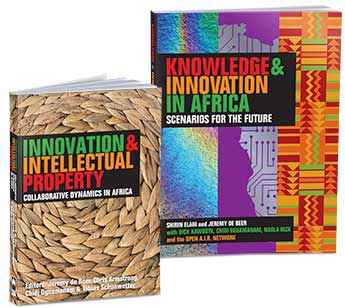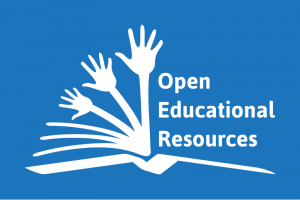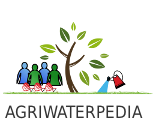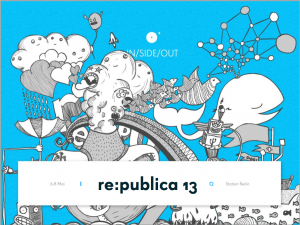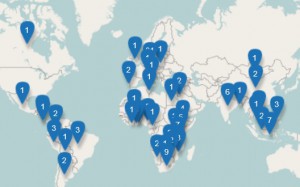Today, I invite you to join the conversation on an article, which I just published on the issue of “Learning by sharing – how global communities cultivate skills and capacity through peer-production of knowledge“. I posit in this paper, that commons-based peer learning offers a trigger to enhance skills, competencies, connections, capacities, and the agency of people and their organisations on a global scale – from the global peer-to-peer university to a worldwide expert community of biogas digesters producers. It provides the freedom to learn – by sharing the world’s wealth of knowledge.
What do you think? Do you know additional examples of global -based peer production for human development? What are your thoughts on how to link sustainable human development to solutions that scale, empower, benefit, and increase ownership? Is peer-to-peer learning a potential game changer?
I cordially invite you to read the article and to join the conversation by posting your comment below the piece.
If you are part of the TLDR-community (Too long didn’t read …): Don’t worry, I will release selected subtopics of “learning by sharing” over the coming weeks here on www.knowledge-commons.de Stay tuned: You can subscribe the rss feeds of new posts or follow me on twitter.
